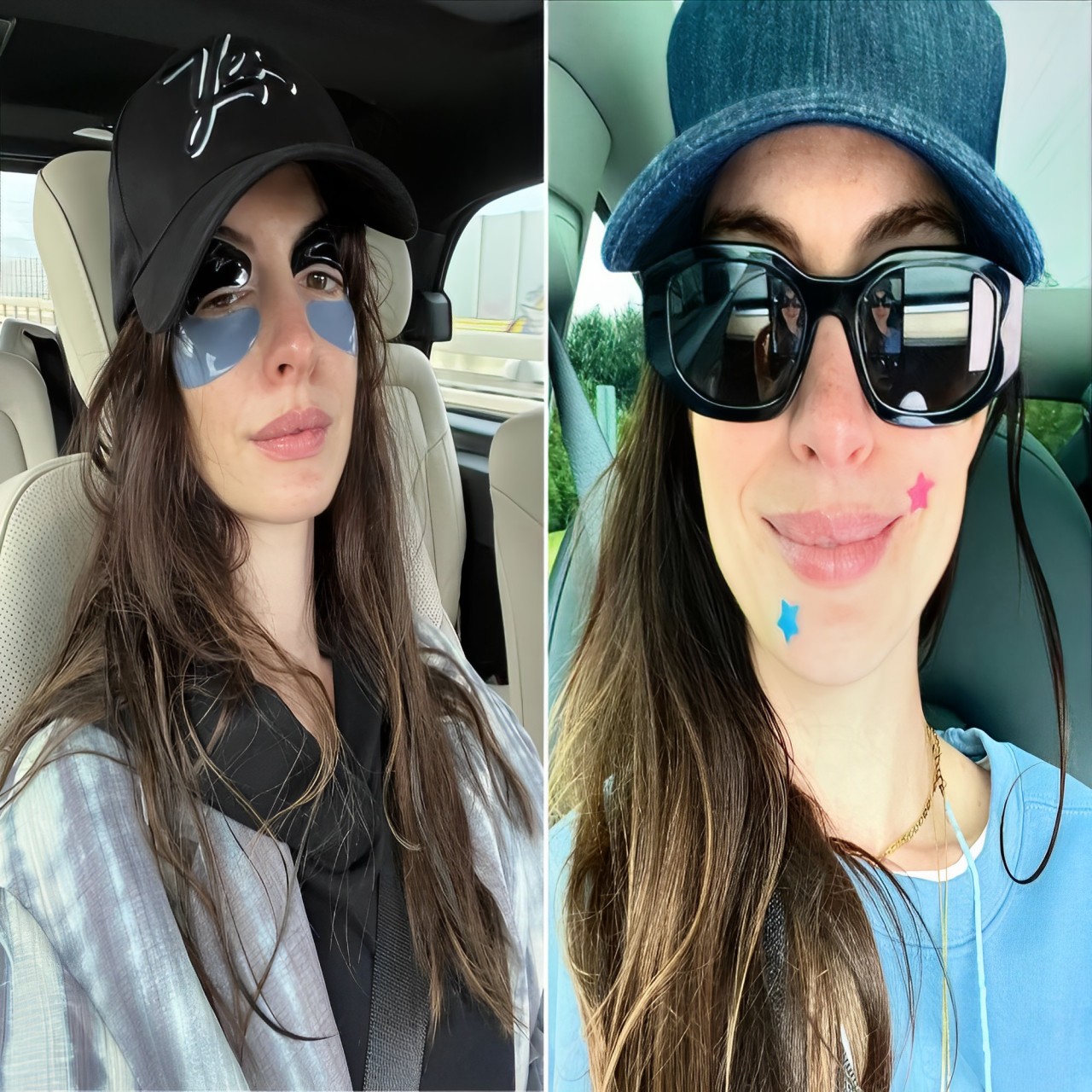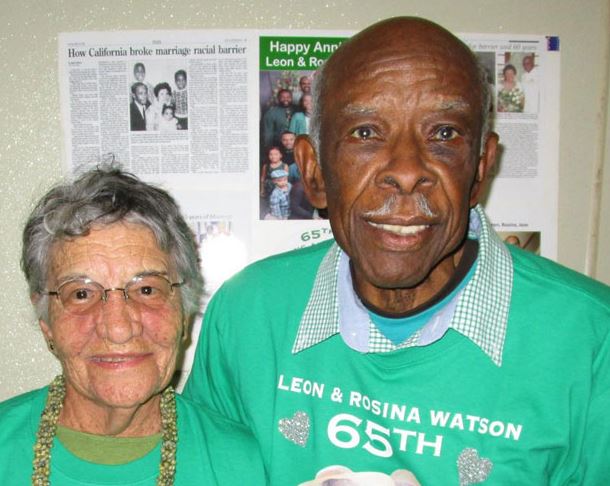
When the heart wants what the heart wants, there’s no stopping it, not even dear old dad.
From the beginning Leon Watson and Rosina Rodriquez faced discrimination, not only from society, but from their family as well. Despite it all, they lived to be among the oldest living interracial couples legally married in the United States.
“At some point, people just accepted it.”
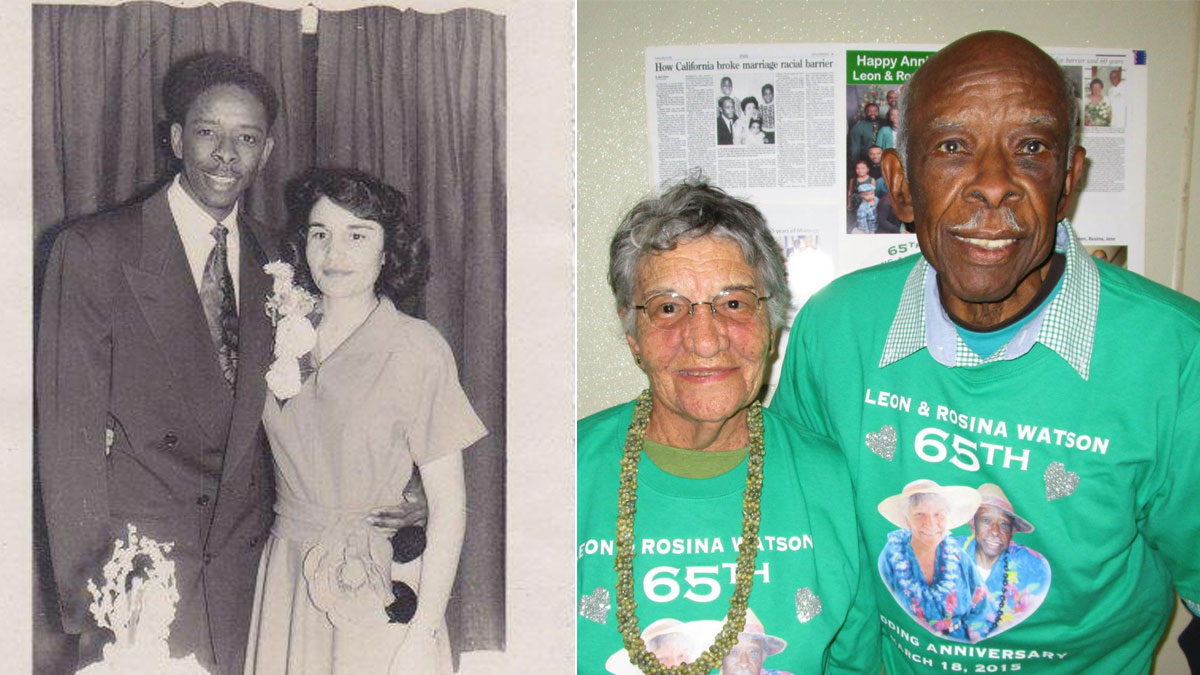
When the couple first started dating in 1949, they were cautious about their surroundings.
On their first date they went to a movie theater. Rosina, a fair-skinned woman with roots in Mexico, entered the theater first. Leon, a Black man who served in the United States Marine Corps, waited several minutes before entering.
Neither wanted to cause an issue when Leon sat next to Rosina.
“We always did it,” Leon told The New York Times in 2017. “They looked at you like you were in a zoo. We just held our heads high and kept going.”
Later on if they knew they would encounter an issue at a certain place they would stay far away.

However Leon and Rosina ran into a problem when Rosina’s father learned Leon proposed to his daughter.
He tried his best to tell Rosina she was setting herself up for a difficult life by marrying a Black man, but Rosina didn’t want to hear it. She argued she had seen other married interracial couples living their best lives, so she knew it was possible.
Nothing would change her mind.
So in 1950, only a few short years after California legalized interracial marriage, Leon and Rosina wed.
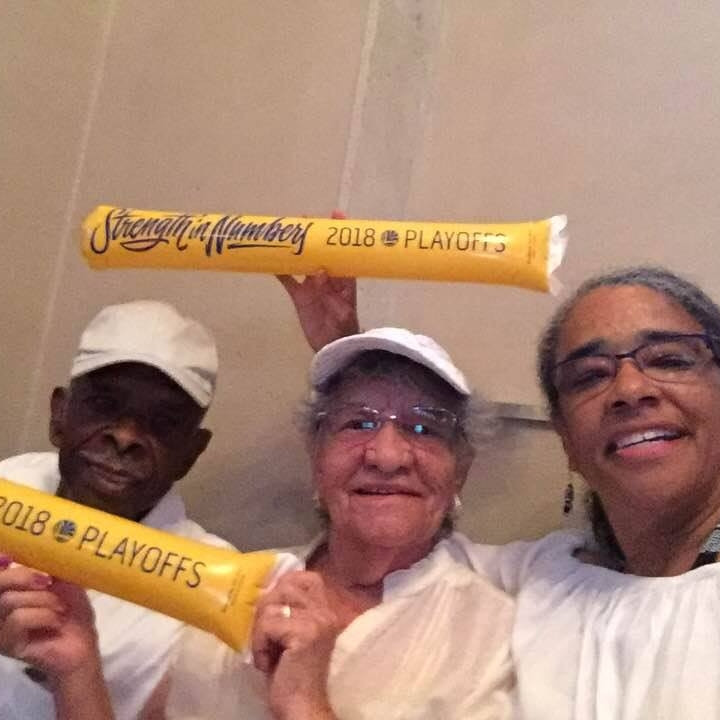
Even though they were married and their union was officially recognized by the state of California – it would still be several more years until all 50 states recognized interracial marriage – they still endured both covert and overt acts of discriminations from others.
Several white families moved from the neighborhood when they purchased their first home together in Oakland, California, and Rosina feared retaliation at work if anyone found out who she had married.
“It was very unusual then, and I never told anyone that I was married to a black man,” she said. “I didn’t want to be rejected. I didn’t want to ruffle anybody’s feathers or anything.”
It wasn’t until she was 45 years old that she disclosed to a co-worker who she had married.
At one point, Rosina, who worked at a roofing company, asked her boss for help with her some repairs on her house’s roof. She worried he would find out about her secret and fire her.
He did not fire her.
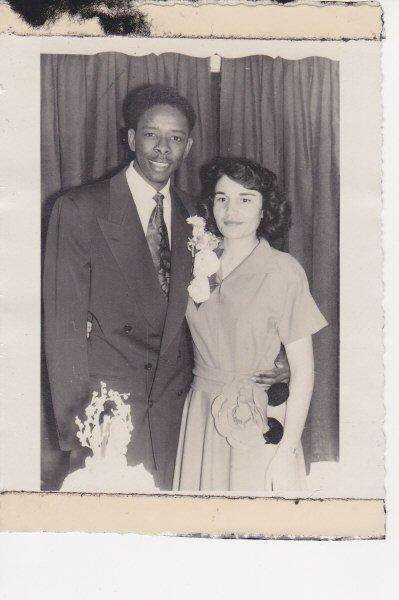
Inside their home they rarely spoke about their differences, especially around their three 𝘤𝘩𝘪𝘭𝘥ren, José, Jorge, and Lucia.
As their kids grew up they faced obvious discrimination, but not nearly as much as their parents had when they were younger.
The public schools they attended had kids from all different backgrounds, so many students didn’t pay much attention to the Watson 𝘤𝘩𝘪𝘭𝘥ren. But some still questioned how a light-skinned woman could be a mother to three 𝘤𝘩𝘪𝘭𝘥ren who had darker skin.
The family had a standard response for those people, “So what’s that got to do with you? What is your problem?”
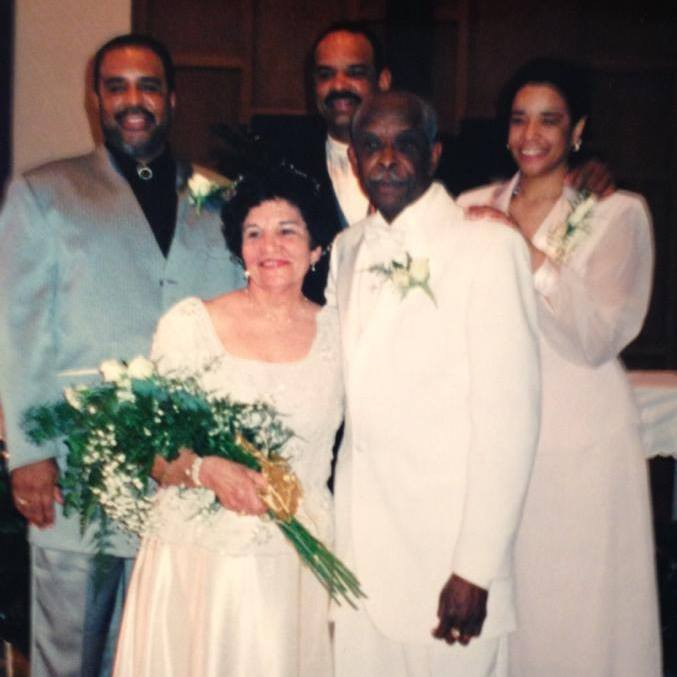
“They are very aware of how awful the blacks have been treated,” Rosina said of her 𝘤𝘩𝘪𝘭𝘥ren.
José was pulled over as a teenager because the police suspected he was driving a stolen vehicle. He was not.
Nowadays, José proudly displays his identity on a personalized license plate, 1BLACKMEX. Rosina was initially worried about her son’s decision because she knew it could potentially draw attention to José, a Black man.
And she was aware of how society treated the Black population.
“Never has that really changed. That’s what we would like to see before we go.”
Unfortunately, Leon died at the age of 92 in April 2020, a month shy of the massive protests that broke out around the world in the wake of George Floyd’s death which sparked long-awaited discussions about necessary change and much anticipated lawsuits against
Before he died, the couple celebrated 70 years of marriage, making them one of the longest legally married interracial couples.
Sadly there are many stories like Rosina and Leon. It’s heartbreaking to know that not only does society tell you who you can and cannot love, but sometimes so does your family.
Please share this story.




